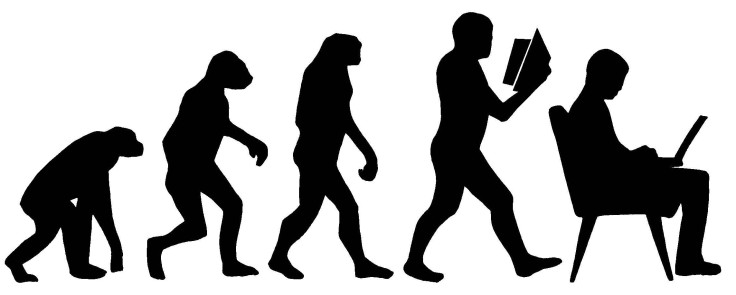Humans Got Punier As Energy-Hungry Brains Became Stronger, New Study Suggests

The human brain accounts for just 2.5 percent of body mass but it consumes a whopping one-fifth of our energy.
The question of how and why we evolved such big, energy-hungry brains has long plagued scientists, but a new study offers a relatively simple explanation.
Researchers in China say that starting roughly 6 million years ago, evolution supported intellect over brawn, and our bodies compensated by diverting energy from muscle production to brain development. In other words, humans became punier as their brains got larger.
The study, published Tuesday in journal PLOS Biology, shows the brain evolved four times faster than the rest of the body, while humans’ muscles became weaker at a rate eight times faster than everything else.
"Our results suggest a special energy management in humans that allows us to spare energy for our extraordinary cognitive powers at a cost of weak muscle,” lead researcher Kasia Bozek, an evolutionary biologist at the Chinese Academy of Sciences' Key Laboratory of Computational Biology in Shanghai, said in a statement.
The process of switching our energy consumption to favor the brain steered the evolution of early humans away from their apelike ancestors.
To test their findings, researchers held a contest of strength between people, chimps and macaque monkeys. They measured the pulling strength of participants by having them lift weights attached to handles.
They found that chimps and macaques outperformed their human counterparts in sheer strength.
“According to our results, an average adult chimpanzee is approximately two to three times stronger than an average adult human,” study author Philipp Khaitovich told Live Science.
Even when researchers subjected the monkeys to a “couch potato” lifestyle for eight weeks, they saw little reduction in the animals’ strength.
Researchers focused their study on the evolution of metabolites -- molecules such as sugars, amino acids, vitamins and neurotransmitters with a key role in body function.
Modern humans are rather weak compared to our early ancestors, who would have possessed apelike strength, because our metabolisms feed our brains, not our muscles.
“It is a very simple explanation, and it could be completely wrong,” Khaitovich said. "In evolution, however, simple explanations often work well."
© Copyright IBTimes 2024. All rights reserved.






















